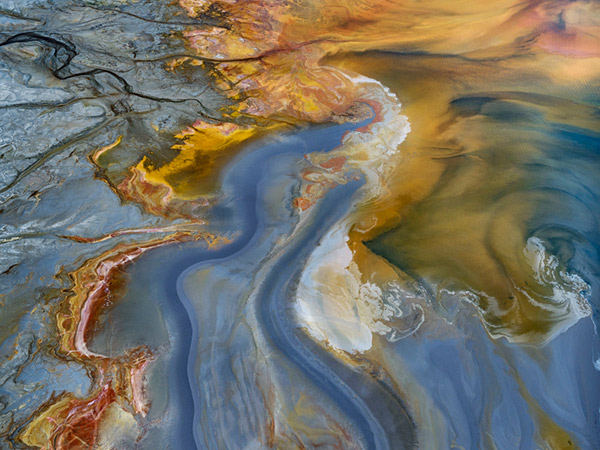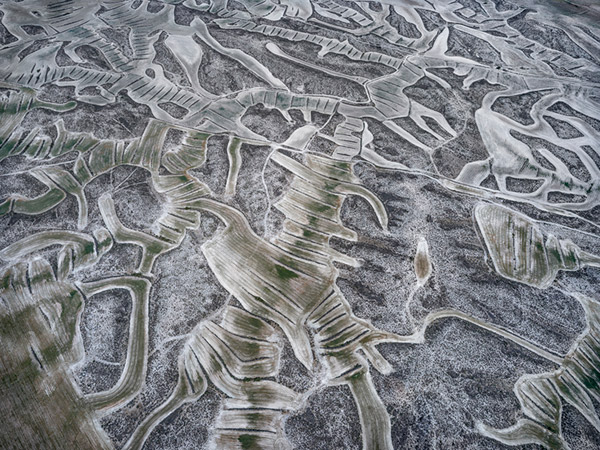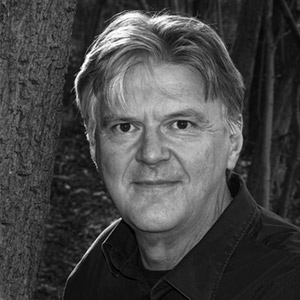Hans Strand
Hans Strand, born in 1955 in Marmaverken, Sweden, embarked on a remarkable journey of self-discovery and artistic expression. After a successful nine-year career in mechanical engineering, he made a life-altering decision in 1990 to pursue his true passion: landscape photography. This pivotal choice marked the beginning of a lifelong dedication to capturing the untamed and raw emotions inherent in nature. Strand’s unwavering belief in the intrinsic power of the wilderness and his unyielding commitment to portraying its essence in his photographs have earned him international recognition and acclaim. From polar regions to lush rainforests and expansive deserts, his photographic expeditions have taken him to diverse corners of the world. However, his recent work has evolved to encompass the landscapes shaped by human influence and the impact of these interventions on ecosystems.
Strand’s photographic artistry extends beyond mere portraiture of places; it transcends traditional boundaries to express the dynamic forces that shape and mold landscapes. Through his lens, frozen within static frames, he tells stories of movement, time, and evolution. This singular focus on the wild and untouched gradually became an impossibility, prompting a shift in his artistic direction. Recently, Strand has directed his lens towards the landscapes crafted by humanity, particularly emphasizing the profound impact of human activity on ecosystems. His work delves into the delicate balance between nature and civilization, offering a visual testament to the consequences of human intervention.


Hans’s lens has shifted towards manmade agricultural landscapes, particularly focusing on the visual allure of the Spanish farmlands in his aerial photographs. Spain’s position as the top European producer of agricultural goods comes at a cost: the sacrifice of biodiversity. Vast monocultures have replaced once-diverse landscapes, depriving animals of their natural habitats. In the face of a mass extinction and the loss of 70% of global biodiversity, Strand’s photographs depict these transformed landscapes, resembling contemporary art pieces by Picasso, Braque, Miró, and Matisse, highlighting the unintended beauty within the consequences of human actions.
Another significant focus of Strand’s photographic exploration lies in the colossal human footprint left by the Rio Tinto mine nestled within the Andalusian mountains. Spanning a staggering 5×10 km, this mammoth excavation represents more than a mere cavity on the earth’s surface. The mining operations, which trace their origins back to the Bronze Age, have devoured entire mountains, valleys, and even entire villages that once thrived in the area. What remains is a landscape within a landscape, showcasing unearthed minerals that imbue the region’s soil and waters with an otherworldly, rainbow-like palette. While the colors may appear spectacular and beautiful, they serve as a grim reminder of the poisonous nature of these elements. Due to the mine’s leakages, the Rio Tinto river has become the most polluted river globally, exhibiting a terrifyingly acidic pH level of 1.5-2.2—equivalent to the acidity of acetic acid found in our stomachs. Strand’s aerial perspective unveils the cataclysmic consequences of human actions, leaving viewers absorbed by the indelible footprints of creation and destruction.
Hans Strand’s extraordinary body of work has not only earned him numerous international awards but has also garnered a global following. His photographs, published in esteemed photo and art magazines, serve as visual testaments to the delicate balance between humanity and nature. Strand’s deep concern for the environment and humanity’s relationship with landscapes has led him to publish ten books, often delving into themes related to the environment and our connection to nature. Not only celebrated for his artistic prowess, Strand is also recognized as a front figure for Hasselblad cameras, a testament to his influence and expertise in the field. Residing in Stockholm, Sweden, alongside his wife Carina and daughter Johanna, Strand’s artistic pursuits are complemented by his passion for classical music and his love for Burgundy wines. Through his lens, he continues to capture the essence of untamed beauty while reminding us of the irreversible consequences of human actions on our planet.
“Beyond Landscape” – Published in September 2021
“Island” – Published in October 2018
